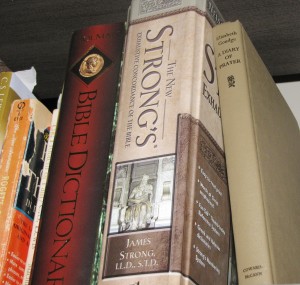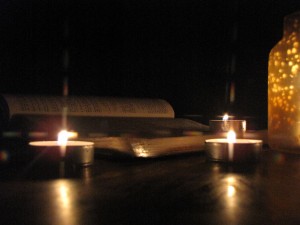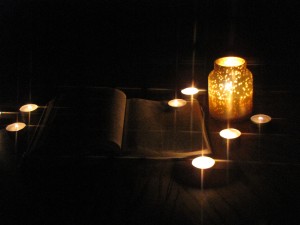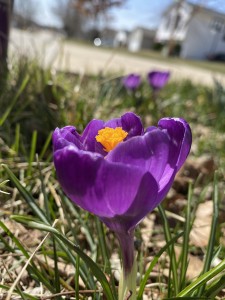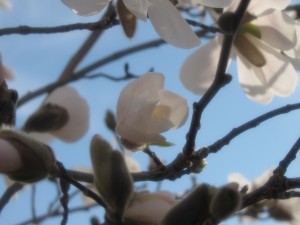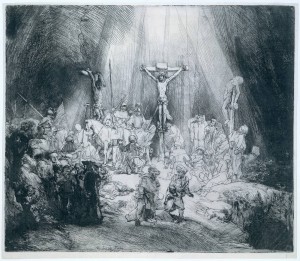I am a learner by nature. I am always curious and always want to know everything about everything.
It drives my husband a little crazy. He often feels that I am giving him the third degree about his opinions, while I think I am only being curious about why he thinks the way he thinks.
We’ve both had to learn a lot during our 17 years of marriage.
My penchant for learning and research serves me well in many areas.
In some ways, it also serves me well in my walk with God.
In other ways, however, this piece of who I am has shown itself to hinder my knowing God.
There are different ways of knowing someone.
It is helpful in a relationship to know about a person, to know their character, to know what they have done and how they think.
You do have to know about someone to be able to know them.
Yet this alone is insufficient.
This is not truly knowing someone.
God delights in being known by us. He wants us to seek for Him, to seek after knowledge of Him.
He also wants to make Himself known to us, and He often makes Himself known through other means than our logical mind.
… (at times) God no longer communicates himself through the senses. He does not make himself known through the analytical mind, which synthesizes and divides ideas. Instead, he begins to come through pure spirit, through simple contemplation, untainted by discursive thought. ~ St. John of the Cross in Dark Night of the Soul
St. Ignatius of Loyola, an early 16th century Spanish priest and theologian, wrote a series of prayers and meditations to help people seek after the will of God and devote themselves wholly to Him. As a part of the instructions, he writes that it is by contemplating the nature of God that a person will deepen his understanding of God and divine grace,
… for it is not an abundance of knowledge that fills and satisfies the soul but rather an interior understanding and savoring of things.
I hunger after that abundance of knowledge, but God is teaching me that this kind of knowledge is not enough.
Hungering after the knowledge of God is good and right, and it is insufficient on its own.
There must be a knowing that goes beyond facts, beyond words. There must be a deeper knowing that leads to falling in love.
Madeleine L’Engle puts it this way:
There is a kind of knowing that comes in silence and not in words — but first we must be still. ~ in Walking on Water
I have been learning this way of knowing, this knowing that comes out of being still before God, and I will testify that it is deeply satisfying.
Knowing about God leaves me thirsty for more.
Knowing God fills me to overflowing.
To hear my blog post read aloud, just click the play button. If you’re reading this in an email, you may have to click here to hear the post on my site.
Art credits: Fairy Tales by Jessie Willcox Smith; all other photographs are my own, copyright Made Sacred 2021

